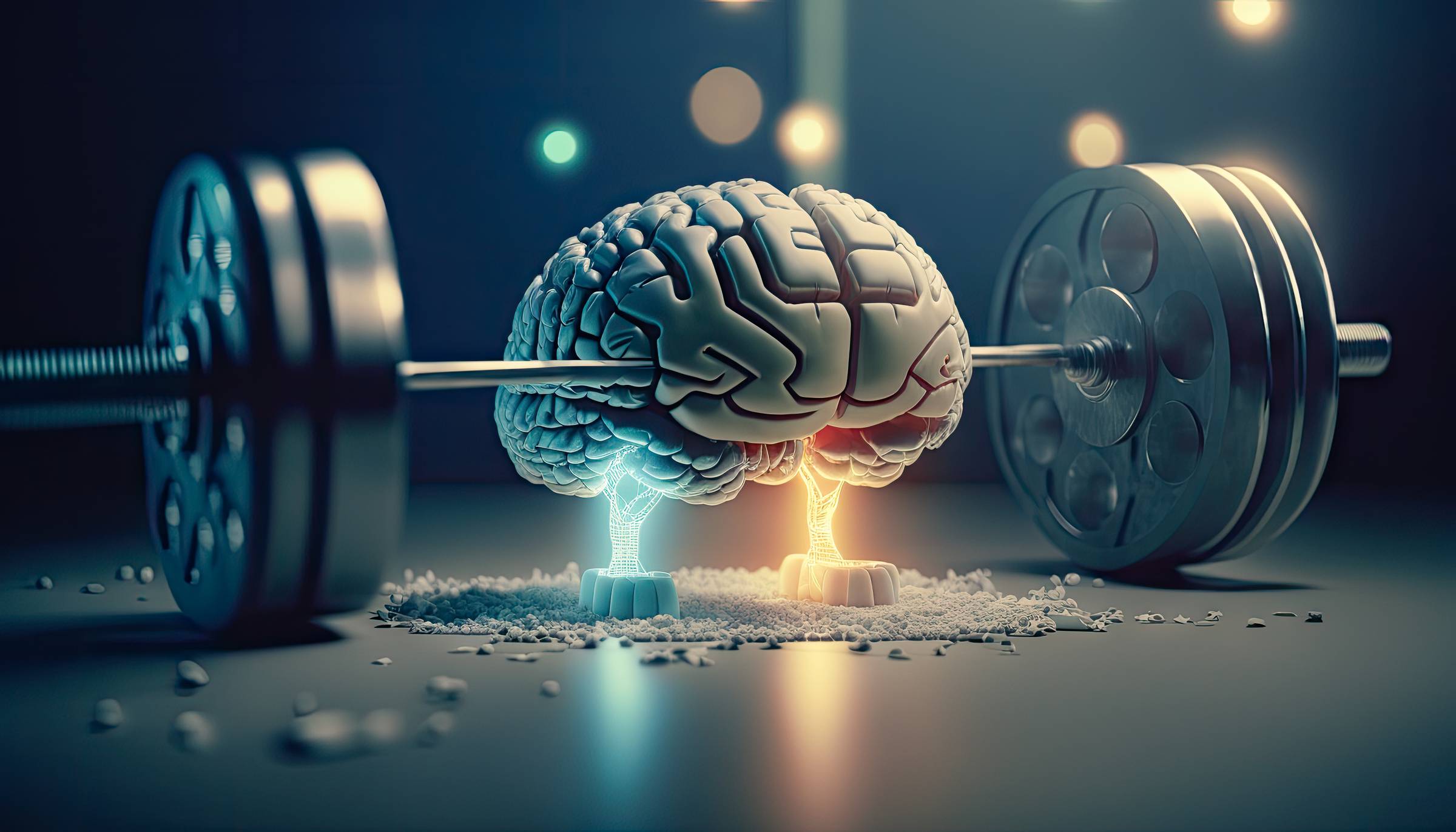|
As a parent, you want your athlete to succeed in sport. It’s natural to hope for victories, medals, and standout performances. But true success isn’t just measured on a scoreboard – it’s shown in who they become through sport. Success can be defined not only by winning games and trophies, but by growing into an individual who is confident, focused, resilient, and emotionally grounded when adversity hits. Mental strength is one of the greatest competitive advantages your athlete can develop and it carries far beyond their athletic career. “Success is not the result of spontaneous combustion. You must set yourself on fire.”
— Arnold H. Glasow _______________
What is Mental Strength (and Why Does it Matter)?Mental strength is a trainable psychological skill that grows through both success and setbacks. It combines: Just like footwork or technique, mental strength is something athletes build through consistent training, repetition, and reflection. Athletes with strong mental skills are not only better performers, they are also better learners, better teammates, and better equipped for life. As a parent, it’s not always easy to know how to support your athlete’s inner world. You might wonder:
Here’s the good news: You don’t have to be a sport psychologist to positively impact your child’s mindset. With small, intentional shifts, you can become one of their greatest mental performance allies. _______________ 5 Powerful Ways Parents Can Help Build Their Athlete’s Mental Strength1. Recognize Effort Over OutcomeWhen athletes believe their effort matters more than the result, they develop resilience and a growth mindset (Dweck, 2006). This teaches that improvement is always possible and failure is part of learning, not the end of it. 2. Normalize Mistakes and FailureMistakes are not signs of weakness – they are data. Remind your athlete to reflect on what they learned rather than dwelling on what went wrong. Then challenge them to take action on what they learned by making adjustments to their game, routines, or process. Over time, failure becomes feedback rather than fear. 3. Encourage Performance RoutinesRoutines are anchors that help athletes manage nerves and are a key component of building confidence. This might include breathing exercises, visualization, or affirmations. Routines teach emotional regulation – an essential ingredient of mental strength. 4. Promote Productive Self-TalkYour words often become their internal voice (Nicholls, 2022). Model positive, realistic language and help your athlete develop a mantra such as: This supports confidence and composure under pressure. 5. Let Them Take the LeadAsk open-ended questions such as:
This builds self-awareness, ownership, and problem-solving, both key elements of mental toughness. _______________ Action Step of the Week✅ Choose one upcoming game or practice where you focus only on praising effort, attitude, and mindset, not outcome or statistics. _______________Suggested Resource of the Week📘 Mindset: The New Psychology of Success by Dr. Carol Dweck – A must-read for parents of athletes to better understand how a growth mindset fuels performance and resilience. Final ThoughtMental strength is not built in silence or only during victory, it is crafted through effort, reflection, struggle, encouragement, and belief. As a parent, you are part of that development. You are not just raising an athlete—you are shaping a resilient, confident young person who will carry these traits far beyond sport. _______________
|




